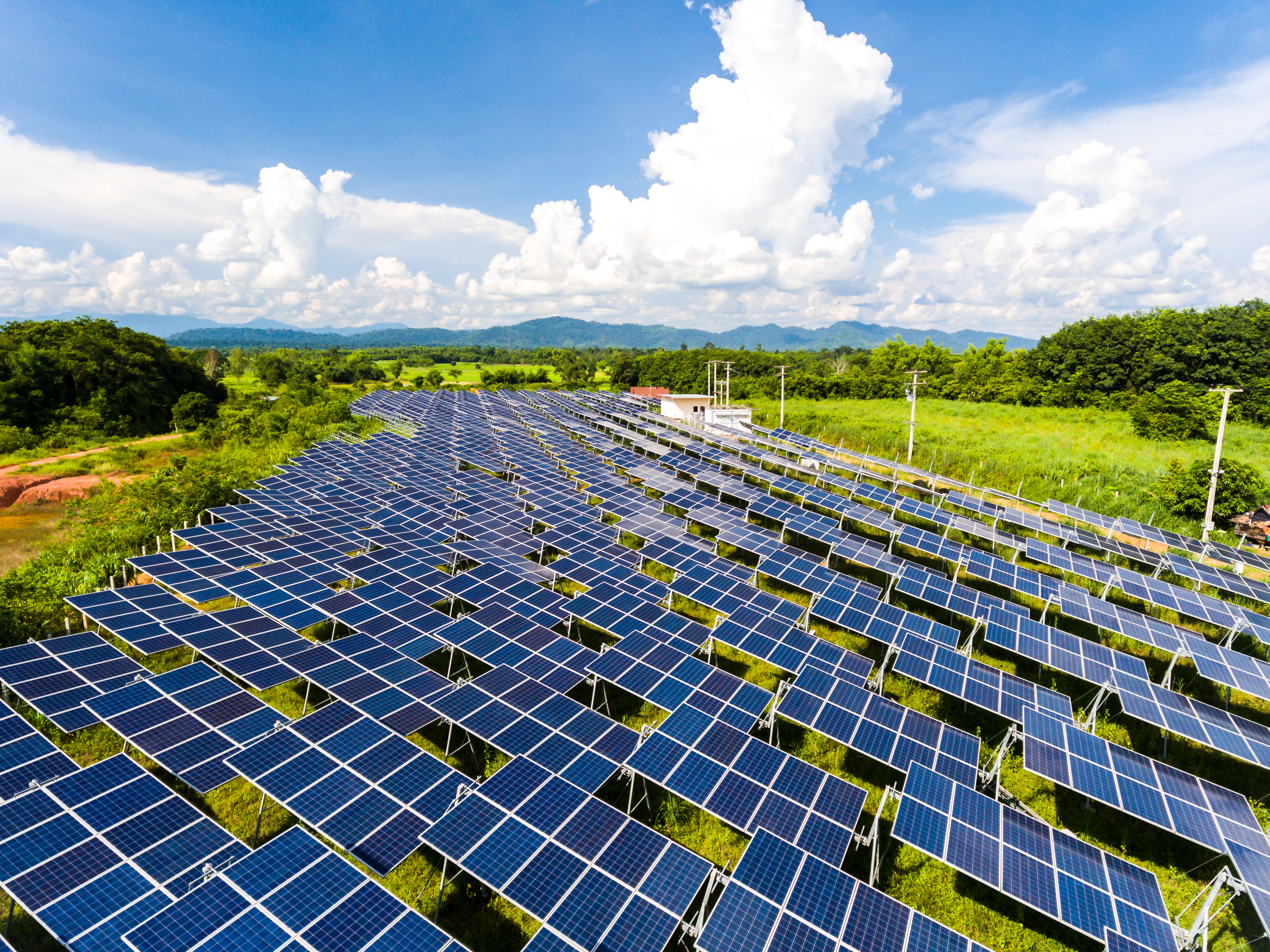More than 800 coal plants could potentially make a profitable switch to solar

Key Takeaways:
It is economically viable to replace select coal generation assets in emerging markets through deals that cover all costs associated with their transition to renewables and closure. More than 800 coal plants potentially fit this category as viable transition targets by 2030.
Transactions are feasible without subsidies for opportunities assessed in five countries. Capital can make a return on investment thanks to significant power purchase agreement earnings and cost-competitive renewables technology.
The economics are lining up for financial institutions to create deal flows of bankable coal-to-clean transactions.
Philanthropic funding can be transformative by providing upfront funding to develop investment cases and support local transition teams.
17 June 2024 (IEEFA) | More than 800 coal power stations in emerging economies show potential to be profitably replaced by renewable energy, providing significant returns for investors and slashing emissions.
New modelling from the Institute for Energy Economics and Financial Analysis (IEEFA) finds that it is economically viable to use large-scale investment in renewables coupled with restructured power purchase agreements (PPAs) to replace these coal assets through transactions that cover all costs associated with their transition to renewables. The research focuses on seven examples.
With just 10% of the world’s existing coal power capacity slated for decommissioning by 2030, the opportunity to bring forward closure dates is substantial.
“There is a solid business case for ageing coal power plants to be replaced with large-scale solar and storage systems, transforming the energy landscape and economic potential of emerging markets,” said Paul Jacobson, an IEEFA guest contributor and author of the report. “Such programmes can accelerate the shutdown of emerging economies’ dirtiest power generation assets by more than 10 years while providing the basis to attract substantial foreign direct investment and create significant new employment opportunities.”
The model proposed by the research sees renewables built and phased in to coincide with a gradual ramp-down and closure of coal generation capacity. The transaction works because significant earnings from renewables PPAs are guaranteed for 20-30 years.
Such deals can pay for all costs associated with the coal-to-clean transition, including site decommissioning, recovery of equity losses of shutting down an operational asset, financing PPAs, construction and development of renewables, retraining workers and upgrading grid infrastructure to support more clean energy.
The report uses case studies in five countries—Botswana, Colombia, Morocco, Romania and Thailand—to demonstrate the feasibility of such an approach. For each, the economics indicate that if renewables are operational between 2026 and 2028, the projects can completely end carbon dioxide emissions from those assets by 2029.
While a coal-to-clean transition is profitable without subsidies for the projects analysed, there are currently limited resources to identify similar opportunities and support local teams that can create bankable business cases.
This provides an ideal entry point for philanthropic organisations, private financial institutions or development banks to fund dedicated teams that can assess whether transactions are viable, derisk them and hand them over to the eventual developers.
“As many emerging markets lack the resources to develop coal-to-clean transactions, philanthropic funding can be transformative by bringing together global support and getting deals over the line,” said Jacobson. “This is also an excellent opportunity for financial institutions to create their own deal flow of bankable coal-to-clean transactions.”
The report finds that an ambitious renewables buildout programme is more likely to be viable than small transactions. This is because large-scale approaches can become national priorities, leading to long-term cost efficiencies and the development of a local employment base.
Read the report: https://ieefa.org/resources/accelerating-coal-clean-transition
Press contact
Jules Scully | [email protected] | +447594 920255












